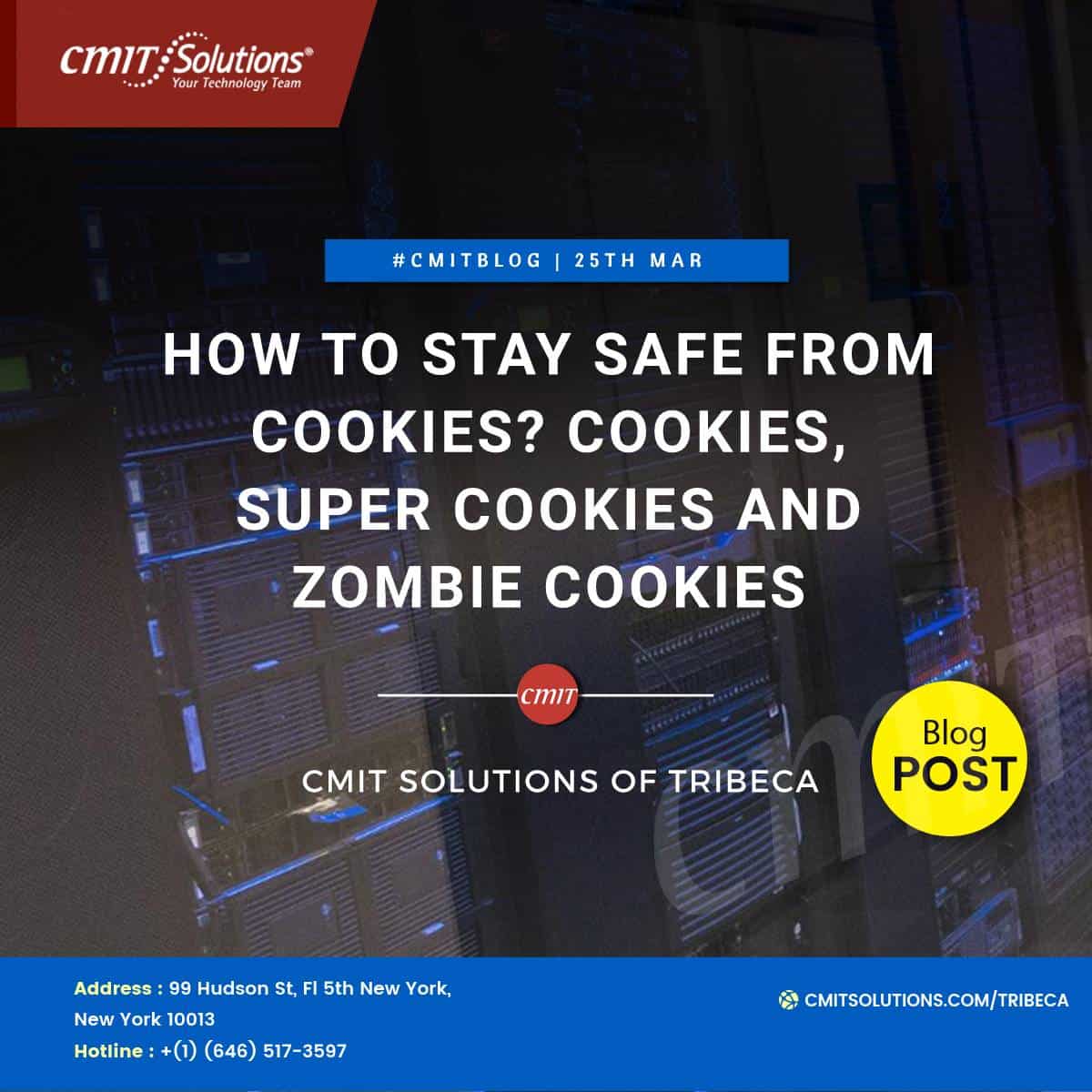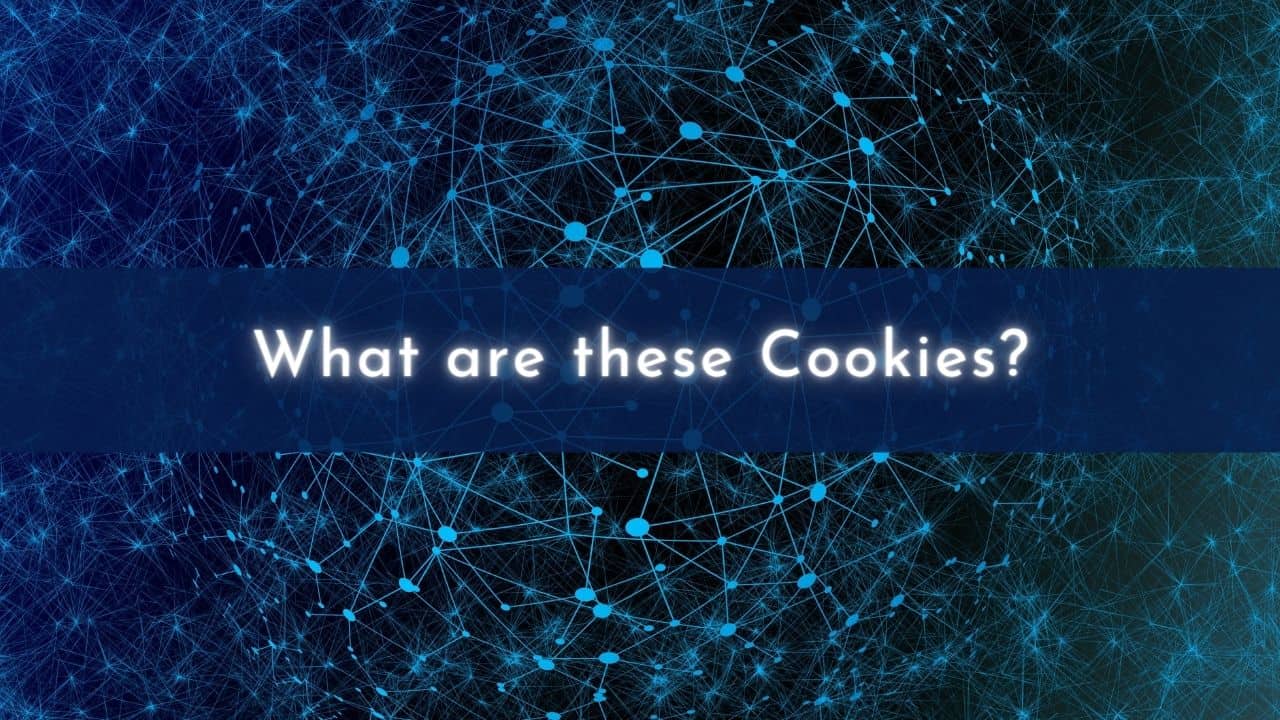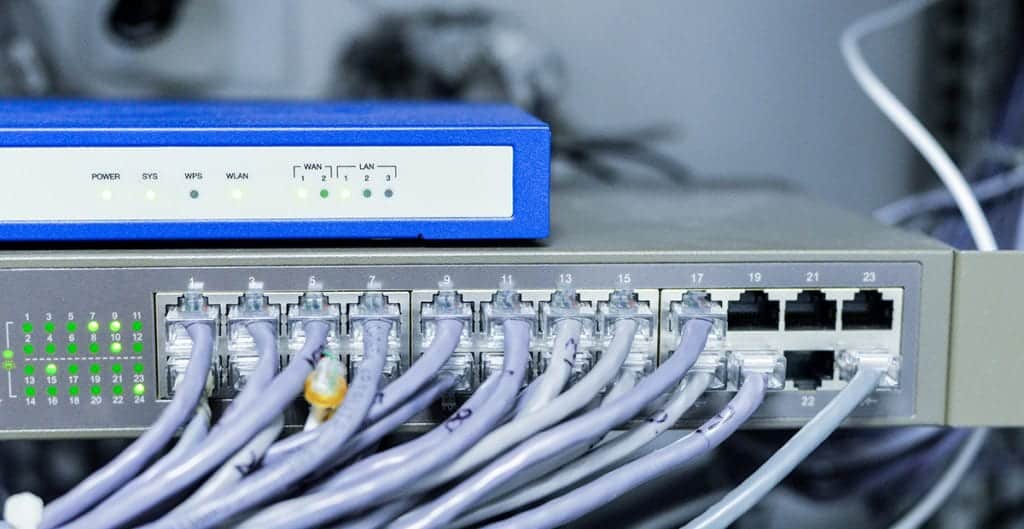Cookies, Super cookies and Zombie cookies
The internet has been deeply integrated into daily lives. On average, we spend about 7 hours each day on the web. On account of all those hours we spent browsing, all of us must have encountered the word cookies and that some websites have recently placed banners/pop-ups to get permission to use cookies.
What are these Cookies?
Cookies are a method used by websites to track you. In the early days of the web, websites had a problem where they could not identify who you were, even if you visited that site a while ago. Imagine that you returned to the store and picked up a few items, but you forgot your car bag. And when you return to the store, your items are gone and you have to start over again. To resolve this issue, cookies are included. File cookies contain pieces of data that can identify you differently. This helps the website to remember you and your identity to make things better for you.
While cookies may not be a problem in general, certain types of cookies are harmful. They track your online behavior and create your perfect profile. This was widely used by advertisers. This has been a major threat to user privacy. But web browsers and security researchers have come up with solutions to reduce the risk of cookies.
With this innovation, advertisers and advertisers were unable to collect user information. Without behavioral data for internet users, they have not been able to achieve their business goals. With this existing obstacle, they began to develop more dangerous cookies than standard cookies – Supercookies. It’s been a cat and mouse game all the time.
What are Supercookies?
Supercookie “is anything that is not a traditional cookie but works as one”. Supercookies are produced in such a way that they act as traditional cookies but without triggering an alarm. Although browsers may have cookie control tools, they could not control this new version of cookies. This was because these types of cookies were hard to spot.
Supercookies allow third parties to follow you across entire websites. This was not the case with standard cookies as you were able to track users within your domain website. Additionally, you cannot delete or delete existing supercookies on your computer. This is because supercookies are not available on your computer. Instead, it is part of your network. The case here is not a gang or a serious criminal, it is your ISP. The ISP adds the UIDH to your HTTP header called Unique Identifier Header. This happens after the application has left your browser. Since no one can reach you, you can’t help but fight these types of supercookies. Even ad blockers do not apply to supercookies as they do outside of your device.
A few years back, Verizon was fined $ 1.3 million for injecting supercookies that diverted traffic flowing through its customers’ routers. Similar uses are also available on networks such as Bell Canada, Bharti Airtel, Cricket, Telefonica de España, Viettel Peru S.a.c., and Vodafone in the Netherlands and Spain.
What makes Supercookies so dangerous?
The reason why supercookies are so dangerous is that you have no control over them. Your ISP can track every HTTP request you make. This includes everything great from web pages, audio, and video streaming, etc.
Unlike traditional cookies, you cannot delete or delete major cookies. You will need to gain access to your ISP server and delete your unique data. What is legally impossible, you are left helpless. However, it is suggested that you may use an anonymous connection tool such as a VPN. But you will need to make sure your VPN is reliable as there have been many controversies around VPNs.
Following the UIDH debate, Verizon allowed users to opt-out of the program. If they do, we may not realize that an online profile is being created for us, based on our daily browsing.
Zombie Cookies
Zombie cookies are different from supercookies. These types of cookies are hard to kill – they made Zombies. Even if you thought you were going to kill them, they could be brought back to life.
What makes zombie cookies different from other types of cookies is that they do not reside in the normal browser cookie storage. Instead, they point to your browser’s local storage, HTML5 storage, RGB color code values, Silverlight storage, etc. You need only one cookie stored in these different end-to-end options to retrieve the rest. To delete zombie cookies, you must be sure to delete them each time these cookies are stored. Even if one stays, go back to the same square.
What makes Zombie cookies so dangerous?
When it comes to Zombie cookies, their uniqueness makes it even more dangerous. As they point and live in so many places, it is very difficult to get rid of them completely. Especially with their ability to wake themselves up with whatever is left, it’s really scary.
The problem with finding these types of cookies is that they are hidden. Since they use repositories and other widely used storage methods, you might think they are easy to spot. However, these cookies include identifiable data cached data that makes it more difficult to identify.
Best way to stay safe from Cookies
Cookies come in different sizes and sizes and protecting user privacy will always be a daunting task. But you can take certain precautions to keep yourself safe from supercookies.
Many leading browsers like Safari, Channel, and Firefox have released updates that strongly attack supercookies. You can also use VPNs to keep your anonymity online. Block blockers and script blocker extensions can also help you.





